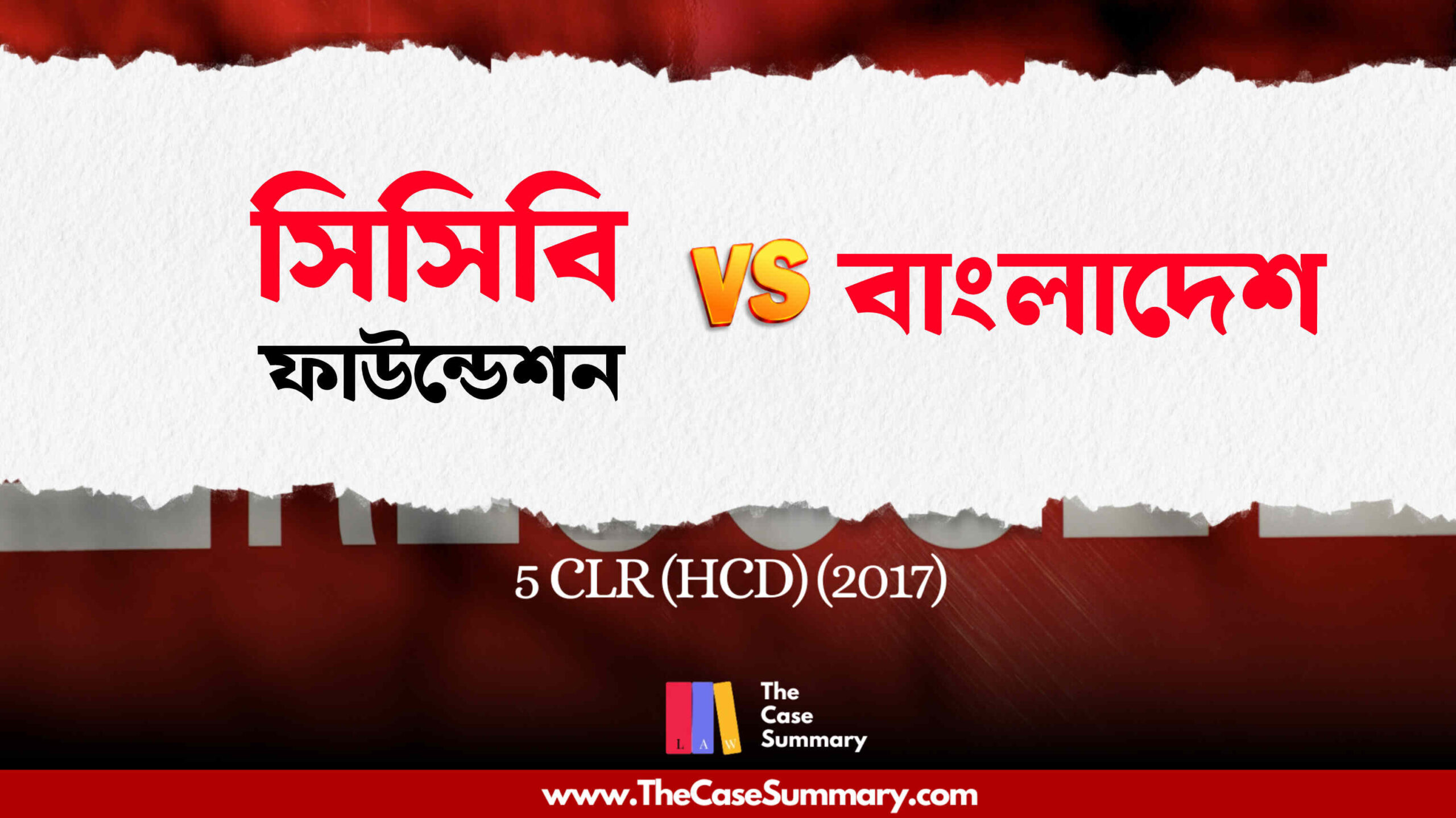Chester vs Afshar
Citation : [2004] 4 All ER 587
Jurisdiction : England
Plaintiff : Chester
Defendant : Afshar
Facts :
Dr. Afshar was a neurological expert. The plaintiff, Miss Chester was referred to Dr. Afshar by a consultant rheumatologist, Dr. Wright. The plaintiff was suffering from back pain. Dr. Wright had been treating Miss Chester since 1988. After several of treatment sessions when things did not work out, he recommended surgery and referred her to the well-known neurosurgeon Dr. Afshar. Miss Chester was averse to surgery and consulted with Dr. Afshar to explore any alternatives. The defendant spent almost 45 minutes helping the plaintiff understand her condition and explaining why she needed surgery. However, there was a small risk of 1-2% of nerve damage that could cause paralysis after the surgery, which the defendant failed to disclose. Miss Chester then underwent the surgery and unfortunately ended up suffering fairly serious nerve damage. Dr. Afshar performed the surgery meticulously and without any other negligence. However, the plaintiff sued him for negligence.
Issues :
1. Would Miss Chester’s risk of being paralyzed by undergoing the surgery have been reduced if she was warned about the risk initially?
2. Did the “But For Test” establish a sufficient causal link between Mr. Afshar’s failure to inform Miss Chester of the surgical risks and the injury she subsequently suffered?
Decision :
The Appeal Court was in favor of the Plaintiff.
The House of Lords stated that Dr. Afshar was not negligent performing the surgery. But, Lord Steyn, Lord Hope and Lord Walker held that, the ‘but for’ test was satisfied, because, had Dr. Afshar properly informed Miss Chester of the risks, she would not have undergone the surgery at that specific time or with him. It was his responsibility as a medical officer to let his patients know about the probable risk they may suffer through a surgery. Dr. Afshar failed to perform that responsibility. Even though there was a risk of paralysis, if Chester had been informed about this earlier, she would have undergone the surgery on a later date and may not have suffered the complication. Although, the risk of being paralyzed would not have been changed had Chester been warned, it was the duty of the doctor to inform her about everything regarding the surgery. It is a basic policy in medical fields to take the consent of the patient after informing them fully about the surgery.
Lord Hoffman directly stated that-
❝The purpose of a duty to inform someone of the risks involved in a proposal that he proposes to do to that person, is to give the person an opportunity of choice as to whether he would choose to have the act done to him or avoid the risk.❞
The appeal was dismissed. The House of Lords further held that, Dr. Afshar had failed to fulfill his professional responsibility. He breached his duty of care towards Miss Chester. The Court, despite the lack of causation, awarded damages to the plaintiff.
Author :
1. Nusiba Hasan Ohee
Note: The Case Summary is a platform by the law students, for the law students. We aim to summarize the facts and decisions of various important cases in both Bangla and English with utmost caution. However, this platform is in no way a replacement for going through the complete judgements by the law students and we discourage any learner from relying on case summaries alone. Thank you



